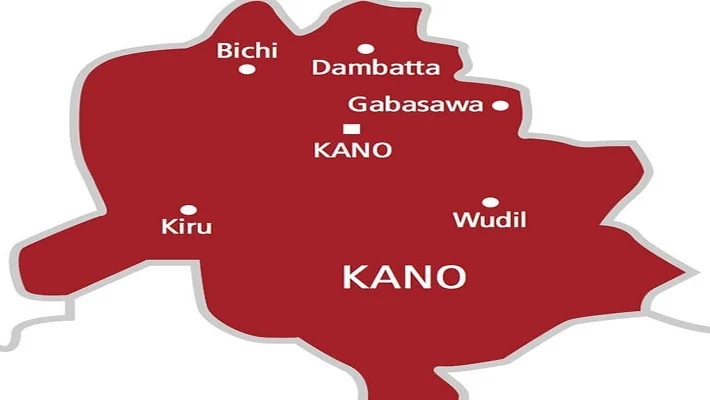Seeking sustainable solutions in Kano
The new administration in Kano has embarked on a commendable mission to reclaim the lands around schools that were allegedly wrongly sold out by the past government. Such action is important for the protection of public resources and the promotion of quality education. However, the demolition of the shops built around the schools may not […]

The new administration in Kano has embarked on a commendable mission to reclaim the lands around schools that were allegedly wrongly sold out by the past government. Such action is important for the protection of public resources and the promotion of quality education.
However, the demolition of the shops built around the schools may not be the best approach to solving the environmental crisis created by the encroachment.
While it is understandable that the new government wants to send a strong message to potential land grabbers and illegal developers, the demolition of the shops may cause unintended consequences that could hurt both the affected traders and the government.
Many of the shops were legally acquired by small business owners who may have invested their life savings and borrowed money from banks to establish their businesses. Destroying their livelihoods without proper compensation or alternatives could lead to social and economic unrest.
Subsidy removal: Northern groups knock NLC over ‘slow reaction’
Seeking sustainable solutions in Kano
Furthermore, destroying the shops may not solve the problem of encroachment. Once the shops are gone, the empty spaces may attract new forms of illegal settlements or waste dumping, which may further degrade the environment and pose health hazards to students and residents. Therefore, a more strategic and holistic approach to the environmental and economic challenges facing Kano is needed.
One possible solution is to engage architectural and environmental experts to design sustainable solutions that could improve the safety, aesthetics, and functionality of the schools and the commercial spaces around them.
For example, the shops could be redesigned to allow more natural ventilation, lighting, and greenery, which could enhance the microclimate and reduce the need for air conditioning and artificial lighting.
The shops could also be integrated with the schools’ curricula and activities to promote entrepreneurship and civic engagement among students and teachers.
Another solution is for the government to acquire the shops and lease them out to qualified and responsible entrepreneurs who could operate them under certain conditions, such as payment of rent, taxes, and adherence to environmental and safety standards.
Such an approach could generate revenue for the government, support small businesses, and foster a culture of responsible commercial activity in Kano.
Ultimately, the preservation of our schools and small businesses requires collaborative and creative effort from all stakeholders, including government officials, planners, architects, investors, traders, and residents.
We must resist the temptation to resort to destructive means of solving complex problems and instead seek sustainable and inclusive solutions that benefit our communities and environment.
The demolition of shops around schools in Kano may seem like a quick fix to the problem of encroachment, but it is not a wise or ethical solution. Instead, we should explore innovative and sustainable ways to protect our public resources, promote quality education, and support responsible entrepreneurship.
Let us preserve our schools, our small businesses, and our dignity.
Mukhtar Jarmajo wrote from Wuse, Zone 2, Abuja.
